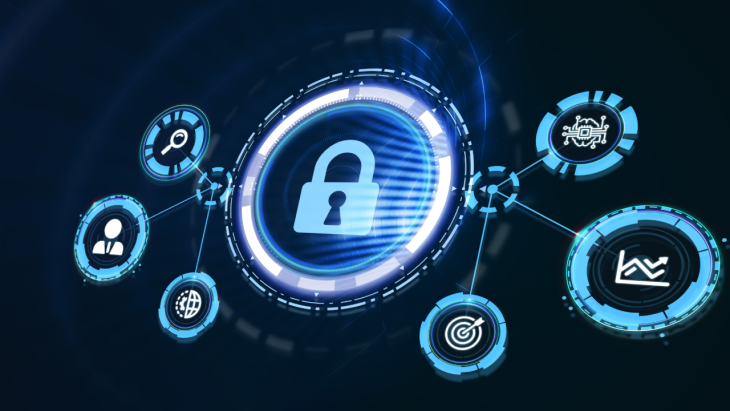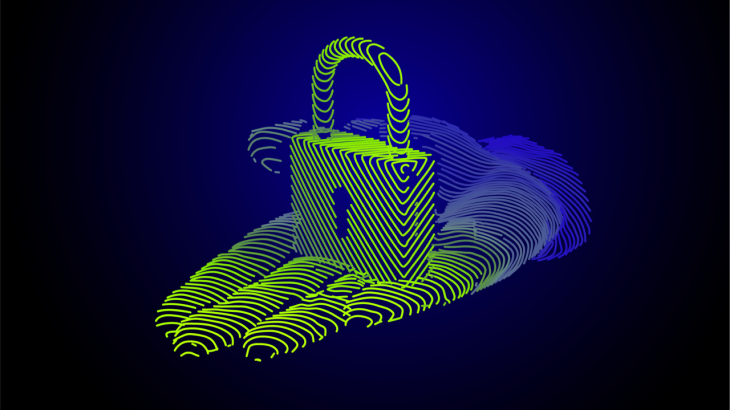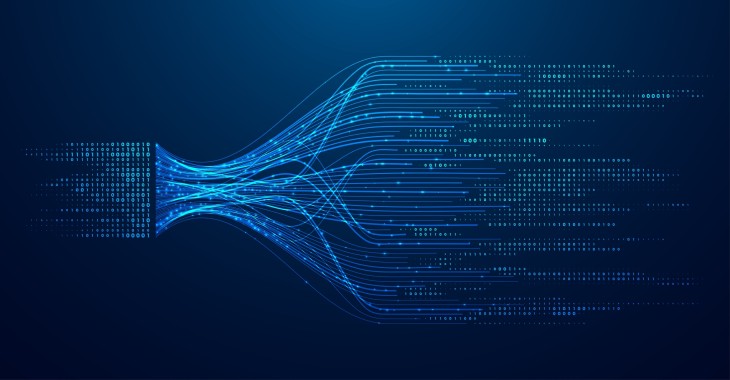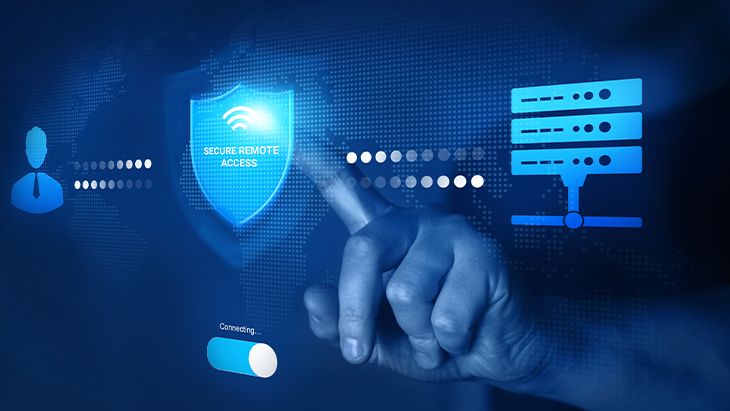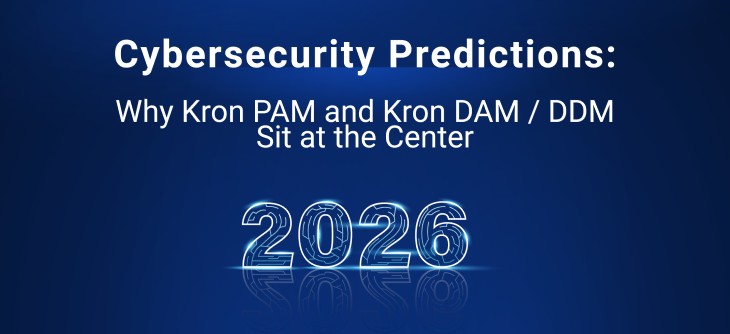
The Role of Hacked Passwords in Data Breaches
Oct 17, 2021
/
Kron
Big data, expanding as a result of digital transformation, makes both institutions and individuals extremely vulnerable to data breaches. It is of great importance for the business continuity of companies because it contains critical data, making it a tempting target for ransomware attacks, a preferred tactic of cyber attackers.
The way that organizations allocate data security against internal and external cyber threats is directly related to successful password management. A well-built password management process provides complete access security against the hacking of passwords and credentials, easily eliminating cyber threats. On the other hand, the inability of companies to prevent cyberattacks and the resulting data leaks creates serious problems both financially and in terms of corporate image.
How Do Hacked Passwords Cause Data Breaches?
As Verizon's 2021 Data Breach Investigations Report shows, credentials are the most effective way for a cyber attacker to infiltrate organizations. According to the report, 61% of data breaches that occur in organizations are due to insufficient protection of identity information. Again, the same report reveals that 85% of sensitive data used in social engineering attempts and malware attacks is obtained from identity information.
Current examples of the data exposed also confirm the results of the report prepared by Verizon. On April 3, 2021, the credentials of more than 553 million Facebook accounts were leaked on a hacker forum. A week after this event, another case that could set an example for the subject of disclosed data occurred on LinkedIn. While it was revealed that more than 500 million accounts were put up for sale and faced identity information breaches, only two million records were shared as evidence.
How to Prevent the Hacking of Credentials and Passwords?
To prevent the hacking of credentials and passwords, it is first necessary to distinguish between third-party access and employee access. You should never grant access to any third-party person or organization without having a secure Privileged Access Management (PAM) solution in place. Thanks to its advanced modules, Kron’s PAM solution, Single Connect, provides a high level of data security by keeping all passwords in the network in fully encrypted vaults.
For instance, the Dynamic Password Controller (DPC) module enables it to securely store passwords, creating an advanced authentication system for third-party applications. The Two-Factor Authentication (2FA) feature creates an additional layer of security to the DPC module, and validates access requests on computers and mobile devices using strong and one-time passwords with solid features like geo-location and time restrictions. Thus, another layer of security is created to prevent unauthorized access by third-party applications.
PAM for End-to-End Data Security
Authorized access via privileged accounts becomes easy to control when resorting to our PAM solution. First of all, you must ensure that both internal and external users who have access to your network have different compliance standards. When you make it an indispensable part of the system for that all privileged accounts on the network to comply with different compliance standards and access rules, you can prevent third parties from hacking passwords and credentials.
Single Connect’s Privileged Session Manager (PSM) module is one of the important stepping stones in building access security using a PAM solution. The PSM, which enables encrypted administrator sessions to be controlled between users and target endpoints within the network, allows you to create custom policies as it has a very flexible structure. As a matter of fact, it should be emphasized that the building block of the PSM is the Principle of Least Privilege. Our Privileged Session Manager, which is a highly advanced product, is also referred to as "best in its class" in Gartner's "Critical Capabilities" report.
The Database Access Manager (DAM) is one of the modules that helps secure your organization against data breaches. It controls the privileged access of all administrators with access to the database on the network, and provides 24/7 monitoring of the system. On the other hand, the Dynamic Data Masking (DDM) module when associated with the DAM enables the masking of all data records and administrator actions in the system, anonymizing your data and offering an advanced access and data security solution to your organization.
Another module that plays an important part in end-to-end data security is Privileged Task Automation (PTA), which enables the configuration of workflows in the network by making use of the new generation GUI user interface, as well as extensible and customized command sets. In addition, PTA helps your employees allocate more time to other tasks by automating the work within the scope of operational activities. Thus, employee and work efficiency increase significantly.
Kron provides modular and end-to-end access security with our PAM product, Single Connect, preventing the leak of personal and corporate credentials of your employees or customers.
Single Connect is included in the Magic Quadrant for PAM report published by Gartner, and is among the most advanced PAM applications in the world.
If you want to learn more about the world's leading PAM product, please make sure to contact us to get more information from our expert team.

